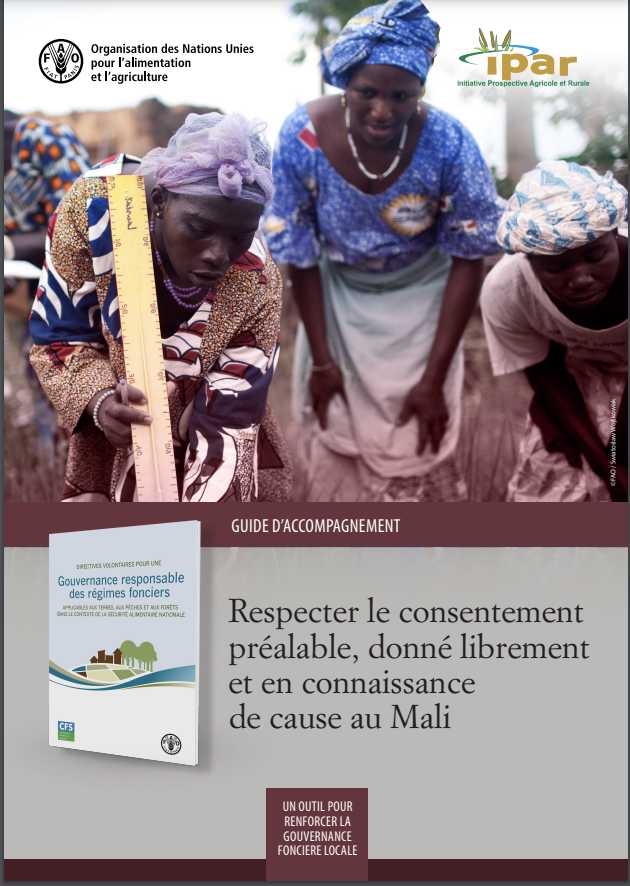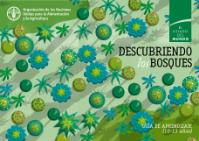Focal point
Location
The Food and Agriculture Organization of the United Nations leads international efforts to defeat hunger. Serving both developed and developing countries, FAO acts as a neutral forum where all nations meet as equals to negotiate agreements and debate policy. FAO is also a source of knowledge and information. We help developing countries and countries in transition modernize and improve agriculture, forestry and fisheries practices and ensure good nutrition for all. Since our founding in 1945, we have focused special attention on developing rural areas, home to 70 percent of the world's poor and hungry people.
Members:
Resources
Displaying 106 - 110 of 5074BENEPISYO NG MGA PUNO SA LUNGSOD
Large urban trees are excellent filters for urban pollutants and fine particulates. Trees can provide food, such as fruits, nuts and leaves. Spending time near trees improves physical and mental health by increasing energy level and speed of recovery, while decreasing blood pressure and stress. Trees properly placed around buildings can reduce air conditioning needs by 30% and save energy used for heating by 20–50%. Trees provide habitat, food and protection to plants and animals, increasing urban biodiversity...planting trees today is essential for future generations!
Respecter le consentement préalable, donné librement et en connaissance de cause au Mali
Ce guide est le fruit d’une formation portant sur le consentement préalable, donné librement et en connaissance de cause (CPLCC) et le partage d’autres outils développés au niveau local qui s’est tenue les 2 et 3 mai 2018 à Kayes au Mali*. Cette formation a réuni une cinquantaine de participants, venant des organisations paysannes, des groupements de femmes et de jeunes, des élus locaux, des ONG et des services techniques régionaux. Elle a permis à ces différents acteurs d’analyser le processus du CPLCC dans le contexte local pour renforcer la gouvernance foncière au Mali.
Descubriendo los bosques
Esta Guía de aprendizaje ilustrada tiene como objetivo introducir en el mundo de los bosques a niños de entre 10 y 13 años. Va acompañada de una Guía docente, adaptada a los planes de estudio en el ámbito de las ciencias, la geografía y la ciudadanía, entre otros.
Issues in water law reform
This publication contains the papers presented at the Expert Consultation on Issues in Water Law Reform, convened by FAO in Pretoria, Republic of South Africa, 3 to 5 June 1997. The Expert Consultation was the first activity under, and served as a launch for, the FAO-funded and -executed project of technical assistance to the Republic of South Africa, TCP/SAF/6711 "Review of water legislation". It was arranged and timed so as to provide a comparative water law and administration input to the drafting of a National Water Bill, then underway.
Forestry Reporting Requests by FAO
Given its wide scope on the work on forests, FAO requests information from its member countries in many different ways, using various reporting formats and questionnaires. The collected information is used to produce several outputs such as databases, overviews, reports, case-studies and other analyses. Below the flow of information from countries to FAO is sorted in two main categories: 1. Regular reporting requests and 2. Other reporting requests. The regular reporting requests contain information regularly reported by countries to FAO.











